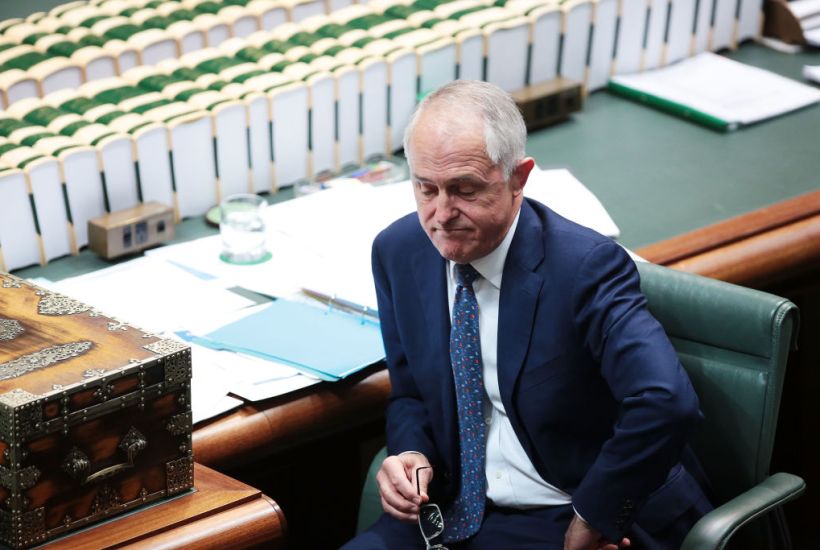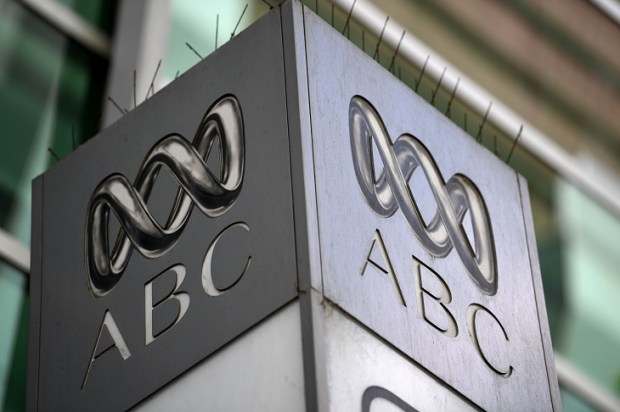Prime Minister May’s election campaign succeeded in the near impossible through turning a projected 100 plus seat majority into minority government, shocking the British political and media establishment. How could she do so poorly against such an extremist leader like Jeremy Corbyn?
But the flawed strategy that led to this outcome should have been obvious to all. Worse still, the two central mistakes of the British campaign are being committed by the Coalition in Australia.
In attempting to court the soft left vote, May violated a cardinal rule of politics: When you cede the intellectual argument to your opponents and play on their turf, you will always lose as a result. Not only are they much better at it than you are, voters will always choose the ‘real deal’ to the pretender.
With a decade-long stagnation in wages and insecurity about the future, reformist pro-growth policies would have mobilised the base and provided voters with desperately needed hope about the future. Instead of this positive vision however, the Tory’s election strategy explicitly attempted to win the soft-left vote with a policy platform significantly to the left of Tony Blair’s Labor.
Rather than a platform of free market solutions to the problems genuinely have, the Tory Manifesto’s core messages included promising price controls in the energy sector, a crackdown on executive remuneration, controls on capital investment, significant increases in the National Living Wage, slashing the flexibility of “gig economy” workers, significantly expanded “rights” to leave, tax increases were not ruled out, and “workers representatives” on company Boards.
In addition to this, lines like “some people say that it is not for government to regulate when it comes to technology and the internet. We disagree” were positively anathema to younger voters, as was the overwhelming sense that the establishment believed in little other than their own power.
Is it little wonder then with neither party supporting free markets then that voters chose to vote for the candidate who at least appeared to believe in what he was saying? Yet this is precisely the approach taken in the 2017-18 Australian Budget.
Understandably praised by Anthony Albanese as an “overwhelming victory” for Labor”, the budget was a down the line shopping list of centre-left policies, from tax increases, attacks on the “evil” banks, and spending increases in almost every portfolio. Predictably, this budget delivered no polling advantage to the Coalition. And why would it? When presented with a “Labor Budgets” by both sides of politics, you might as well actually go with the original.
Furthermore, it is impossible to deny the international tide of discontent that politics as usual has failed, and voters were desperately seeking hope for the future. Yet rather than seeking to provide any sort of positive vision or to capture the yearning for change, rather than provide a powerful emotional narrative that would lift up the soul and provide the optimism so desperately yearned for, the antiquated campaigning playbook of fear and negativity was rolled out.
Almost all UK advertising focused on drumming up fear about dangers of Corbyn, whilst almost nothing positive about the Conservatives – or why you should vote for them – was said. And in this environment, there was probably nothing worse that could be done. Yet once again you look at the Coalition advertisements here, the same mistakes are being made. All fear, no hope.
It is testament only to Jeremy Corbyn’s repeated bungles that the Tories were able to scrape through with a minority government. Fortunately for the Coalition, the robotic Shorten does not pose the challenge a more authentic figure such as Albo would, yet unless the Coalition changes track and embraces the insights of the UK experience, at the next election the swing against them will be too high for them to overcome.
We have the opportunity to bring about a transformation in society. Big-government programs have clearly failed people and they are desperate for change. It is through demonstrating our vision and bringing them with us that prosperity shall be restored. So called “moderates” have consistently argued the necessity of being “pragmatic”. Yet history has demonstrated time and time again that this is a failing strategy. The conviction politics of Thatcher, Reagan, Howard won resounding electoral success. The attempts to pitch to the left have consistently failed.
Rather than being in conflict, the principled is the pragmatic. We have the ideas that have been proven time and time again to not only work, but to win. They connect deeply with the core values in our national psyches, with the disenchantment of governments, and will resonate with electorates. It is time someone in our political classes remembered this and actually gave them a go.
Tim Andrews is the Executive Director of the Australian Taxpayers’ Alliance.
Got something to add? Join the discussion and comment below.
Got something to add? Join the discussion and comment below.
Get 10 issues for just $10
Subscribe to The Spectator Australia today for the next 10 magazine issues, plus full online access, for just $10.


























Comments
Don't miss out
Join the conversation with other Spectator Australia readers. Subscribe to leave a comment.
SUBSCRIBEAlready a subscriber? Log in